What Your Eyes Reveal About Your Well-Being
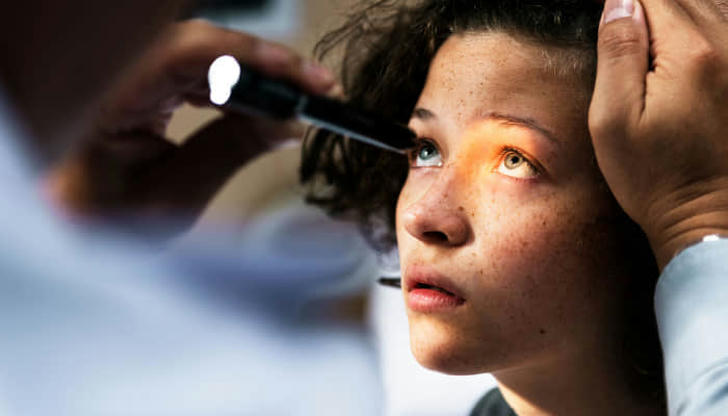
When you gaze into your eyes, perhaps noticing a hint of redness or fatigue from a long day, did you know they hold clues beyond just tiredness or allergies? Beyond their visual function, our eyes are like silent messengers, conveying signals of potential health concerns. They can hint at conditions long before symptoms emerge elsewhere, like subtle changes in hue or the appearance of unexpected shadows.
These subtle signals, if overlooked, could be early warnings of underlying health issues, from diabetes to hypertension to more severe conditions.
In this article, we'll dive into the world of eye health and the emotional impact it can have. By understanding these signs and symptoms, you know it’s time to visit your doctor.
Each Eye Condition and Its Potential Health Concerns:
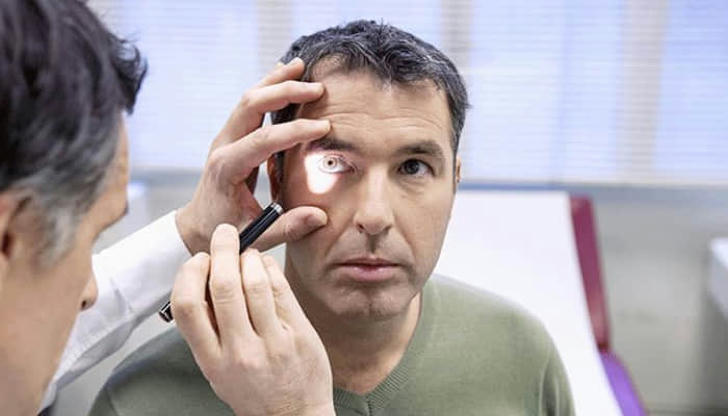
Pupil size and reaction
Your pupils normally adjust in response to light changes, but if they don't react properly, it could indicate neurological issues like nerve damage, brain tumors, or drug use. Conversely, abnormally dilated pupils may suggest substance intoxication, while pinpoint pupils could be a sign of opioid use or neurological disorders.
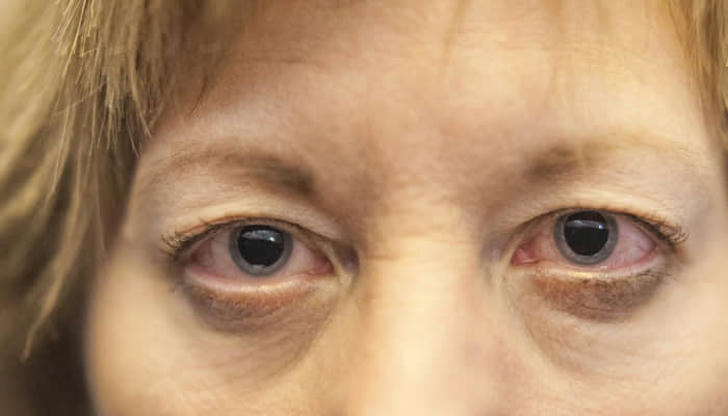
Eye color changes
While eye color usually remains stable, certain health conditions can cause changes. Yellowing of the eyes (jaundice) may signify liver problems like hepatitis or liver disease. Rarely, a condition called heterochromia can cause one eye to have a different color, sometimes linked to genetic disorders or eye injuries.
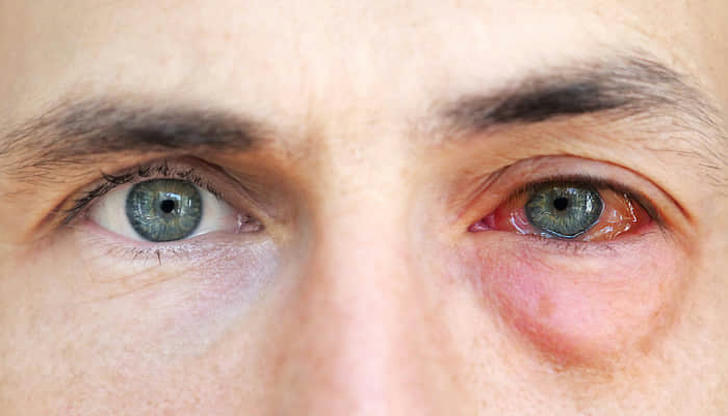
Eye redness and irritation
Redness and irritation can result from allergies, dry eye syndrome, or infections like conjunctivitis (pink eye). However, persistent redness, especially accompanied by pain or vision changes, might indicate more serious conditions like uveitis (inflammation of the eye's middle layer) or glaucoma (increased eye pressure).
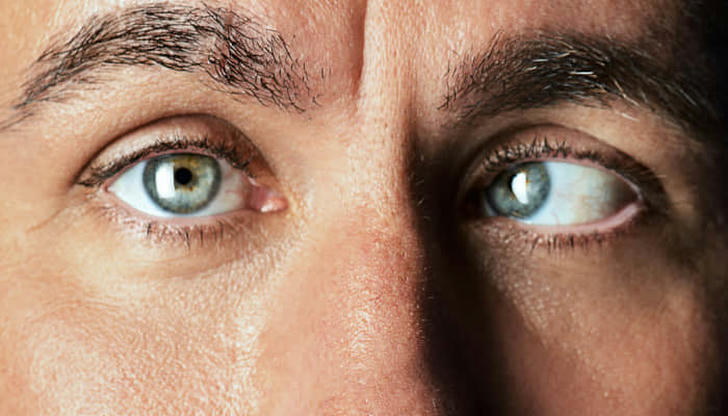
Eye movements and coordination
Smooth and coordinated eye movements are essential for clear vision. Issues like double vision (diplopia), involuntary eye movements (nystagmus), or difficulty focusing may signal neurological disorders such as multiple sclerosis, Parkinson's disease, or myasthenia gravis.
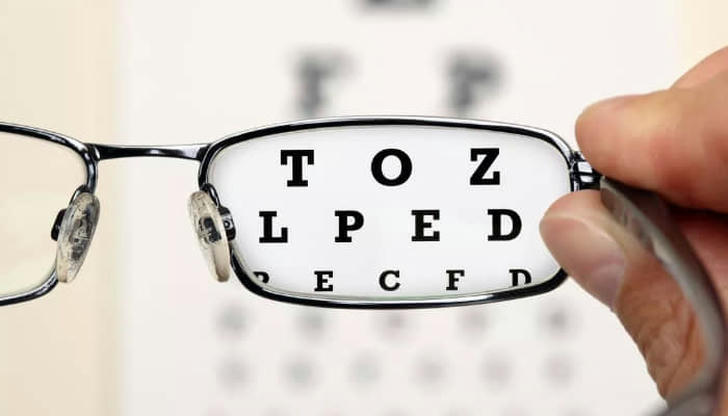
Vision changes and clarity
Any sudden or significant changes in vision warrant attention. Blurred vision could be a sign of refractive errors (like nearsightedness or farsightedness), cataracts (clouding of the eye's lens), or retinal disorders. Sudden loss of vision or flashes of light may indicate retinal detachment or migraines. Additionally, vision changes coupled with other symptoms like increased thirst and urination could be linked to diabetes.

Floaters or a curtain-like shadow over your vision
When these visual disturbances appear out of the blue, especially with floaters or a shadowy curtain over your vision, it could be a sign of a retinal detachment. This condition means your retina, the part that turns light into images, is pulling away from its usual spot, which can lead to serious vision issues if not treated fast.
Sometimes, these flashy moments could be like a mini eye migraine, bringing temporary visual quirks like flickering lights or zigzag patterns. They might vanish as mysteriously as they came, but if they keep popping up or stick around too long, it's time to call in the professionals.
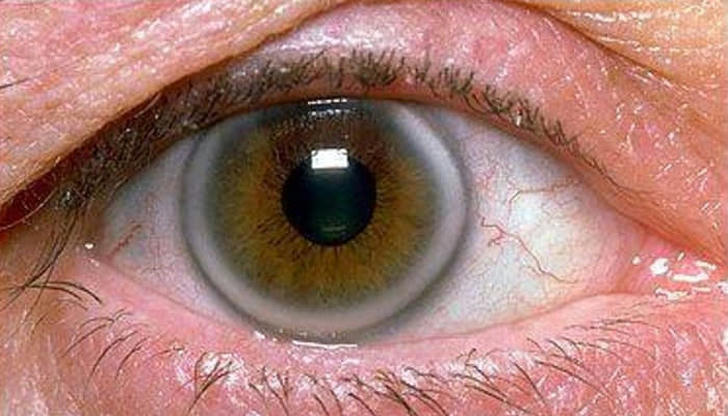
Ring around your cornea
In older adults, Arcus senilis is often linked to high cholesterol levels or lipid disorders. This ring-like deposit can indicate the presence of elevated lipids in the blood, which may increase the risk of cardiovascular diseases like heart attacks and strokes.
However, it's crucial to note that not everyone with Arcus senilis has high cholesterol or lipid problems. Sometimes, especially in younger individuals, it can occur without any significant health implications.
Regardless, if you notice a ring forming around your cornea, especially if you're under 40 or have no family history of such conditions, it's wise to consult with a healthcare professional.
Eye Care Tips for Overall Well-Being:
** • Importance of regular eye check-ups:** Regular eye check-ups are crucial for maintaining good eye health and detecting any potential issues early. They help prevent vision problems and ensure timely treatment if needed.
** • Eye-healthy diet and supplements:** A diet rich in antioxidants, omega-3 fatty acids, vitamins A, C, and E, zinc, and lutein can support eye health. Including foods like leafy greens, fish, nuts, and colorful fruits and vegetables can provide essential nutrients. Supplements may be beneficial if recommended by a healthcare professional.
** • Proper eye protection from sunlight and blue light:** Wear sunglasses with UV protection when outdoors to shield your eyes from harmful UV rays. Additionally, reduce digital eye strain by using blue light filters on electronic devices or taking breaks to rest your eyes.
** • Eye exercises and relaxation techniques:** Practice eye exercises to improve focus, reduce eye strain, and promote relaxation. Techniques like palming, blinking exercises, and the 20-20-20 rule (every 20 minutes, look at something 20 feet away for 20 seconds) can help maintain eye health.
** • Integrating eye health into overall wellness routines:** Prioritize overall wellness, including regular exercise, adequate sleep, managing stress, and avoiding smoking, as these habits contribute to healthy eyes and overall well-being.
By following these eye care tips and incorporating them into your daily routine, you can support optimal eye health and contribute to your overall wellness. Regularly consulting with an eye care professional is essential for personalized guidance and maintaining optimal vision.
